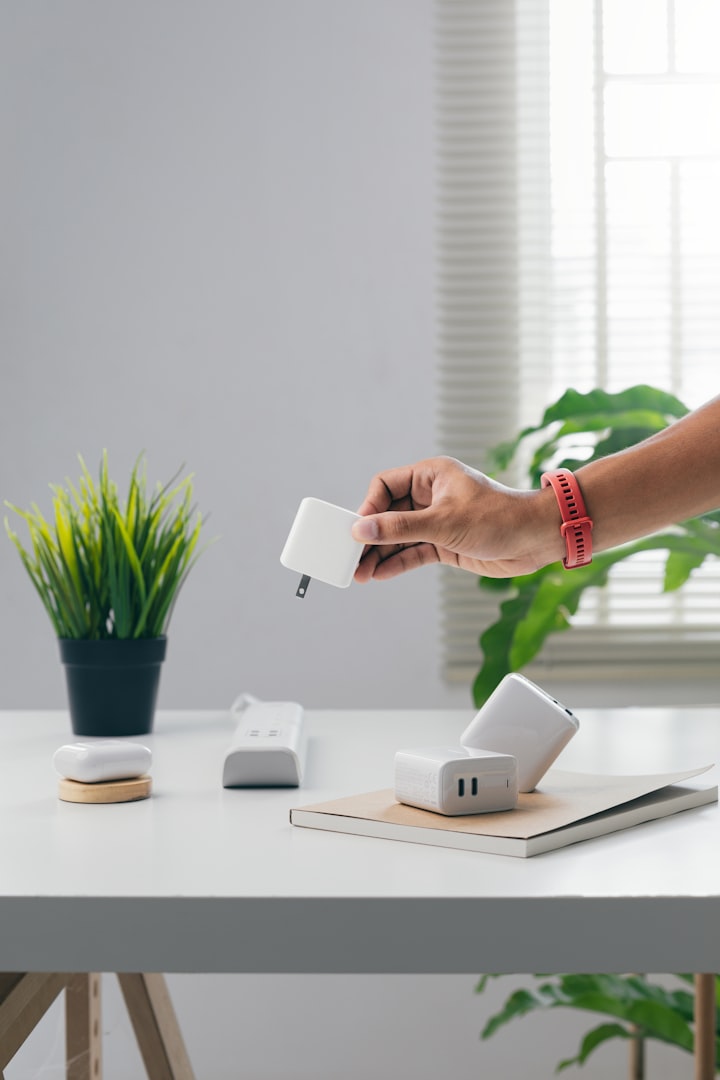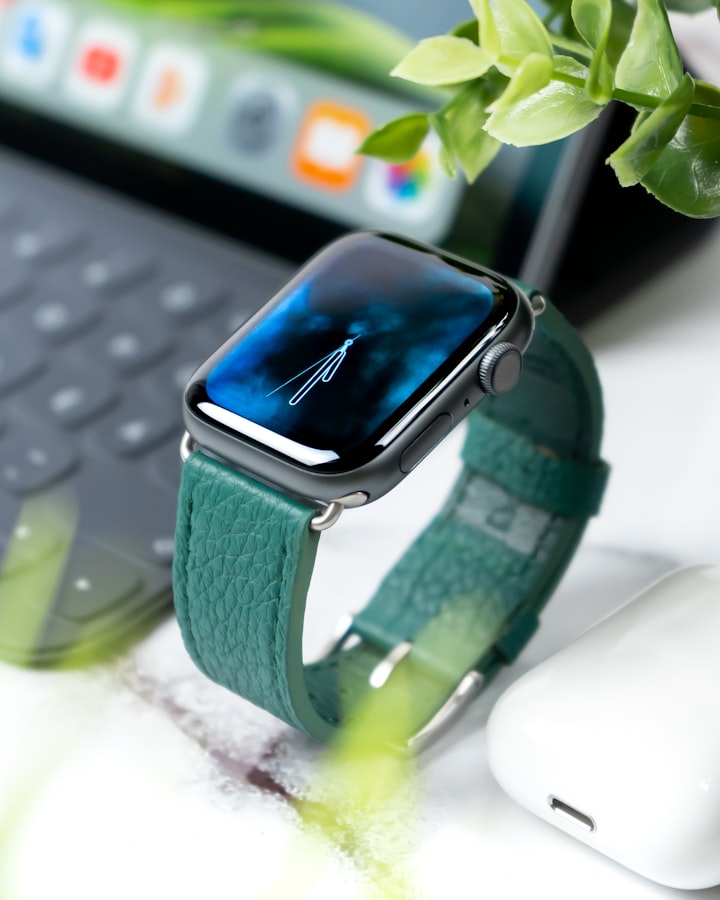Digital addiction is a mental health issue, not a moral shortcoming
It is true that many people are addicted to their digital devices and technology in general, but it's more a problem of mental health than a moral shortcoming.

Have you ever experienced an addiction to your smartphone? I have. Similar to other addictions, it almost ruined my life. I had no control over the situation, and couldn’t help but to continue picking up my phone every few minutes.
The screen time myth
The key to solving the digital addiction problem is to look at it through an objective lens. As a society, we need to stop judging people based on how much time they spend online and start judging them based on how they use that time. One way we can do this is by separating digital addiction from the more general concept of screen time.
The two are often conflated in popular culture, but the truth is that they're very different things. Screen time is defined as "the amount of time spent looking at a screen," according to Techopedia. It includes not just smartphones, computers and tablets but also TVs and video game consoles — basically anything with a screen.
Digital addiction is defined as "an unhealthy obsession with computers or the internet." It's the desire to be constantly connected and engaged with technology that can interfere with daily life and cause negative consequences for those suffering from it. It's important to note that while there are plenty of cases where people have trouble managing their screen time, there are also plenty of cases where people manage it just fine.
Cell phone dependency is on the rise
The fear that people are becoming too dependent on their smartphones, tablets and other digital devices has been around for years. But as the numbers of people hooked on social media and video games continue to rise, medical professionals are taking the problem seriously. A growing number of studies have shown that excessive use of these gadgets can lead to depression, anxiety and other mental health issues.
"Digital addiction is a real thing," said Dr. Elias Aboujaoude, director of Stanford University's Impulse Control Disorders Clinic and author of "Virtually You: The Dangerous Powers of the E-Personality." "It's not just a moral shortcoming." The American Psychiatric Association defines addiction as a brain disorder involving compulsive use of an activity despite its negative consequences.
That can include things like gambling, sex and shopping — but experts now say that digital devices should be added to the list because they affect the brain in similar ways. Cell phone dependency is on the rise: According to data from comScore, which measures Internet traffic trends, more than half (52 percent) of U.S.
adults now own smartphones — up from 35 percent five years ago (the data includes both Android and iPhone users).
Your brain on screens
The digital landscape is ever-changing, and it's important for parents to stay up to date on the latest apps, devices and trends. The new digital landscape is one where smartphones, tablets and other devices are seemingly everywhere. Digital addiction is a real problem. We're all aware that too much screen time isn't good for children, but what exactly does it do? It's not just about the amount of time spent in front of a screen; it's also about what happens in the brain when you use screens.
How does digital addiction affect children? The effects of digital addiction vary from person to person, but there are some common factors: It can make it difficult to concentrate on tasks that don't involve screens (such as reading). It can make it hard to fall asleep or stay asleep because your brain has been stimulated by the evening's activities on social media or gaming apps.
This can lead to sleep deprivation and fatigue during the day. It can cause changes in mood such as anxiety or depression, especially if done in excess or under inappropriate circumstances (such as during mealtimes).
Constant technology use is bad for your physical health, too
You've probably heard that too much screen time is bad for your health. But what you might not know is that the consequences of digital addiction can be far more serious than just a sore neck from sitting at a computer all day. Digital addiction is a mental health issue, not a moral shortcoming.
It's not about being lazy or lacking willpower; it's about an unhealthy relationship with technology that causes physical, emotional and mental distress. "It's really important to recognize that there are really serious health consequences to excessive screen time," says Dr. Jeanne Segal, a Los Angeles-based clinical psychologist who specializes in the treatment of technology addiction among children and teenagers.
"There's this idea out there that it's just something people need to get over." Here are five ways excessive technology use can affect your physical and mental health: Eye strain and headaches The blue light emitted by electronic screens may affect our circadian rhythms — the internal clock that regulates sleep cycles — which can lead to symptoms such as insomnia, fatigue and headaches in some people.
That's why many experts recommend limiting use of electronic devices before bedtime or wearing blue light-blocking glasses when using them at night (or both!).
To Sum Up
Technology is undoubtedly a powerful force, and one that we're just starting to understand. While it's clear that technology can impact mental health, as I've explored here, the endless benefits of technology also suggest that its effects on human behavior are highly variable and context dependent. We have a long way to go before we understand the full extent of its powers; what's more, there's no reason to think technology will necessarily harm us in any way.
I hope this series has offered some insight into the potential for technology to improve mental health, as well as the potential hazards of relying on it too heavily. I don't see much reason for concern about technology harming our brains or mental health in any serious way today—but I think it's wise to remain vigilant as we discover more about how it affects us.
About the Creator
Claudie Delafosse
📰Hi, I'm Claudie and I write about phones, tech, fashion and more. My work has been featured in Mashable, CNET, Gadgette and more! I live in London 🇬🇧 and I love to travel 🌎






Comments
There are no comments for this story
Be the first to respond and start the conversation.